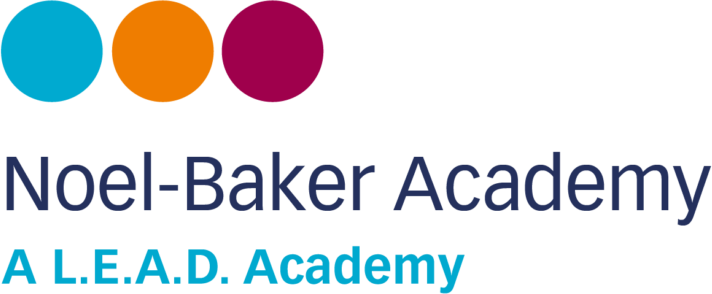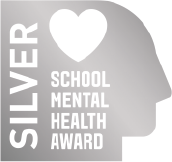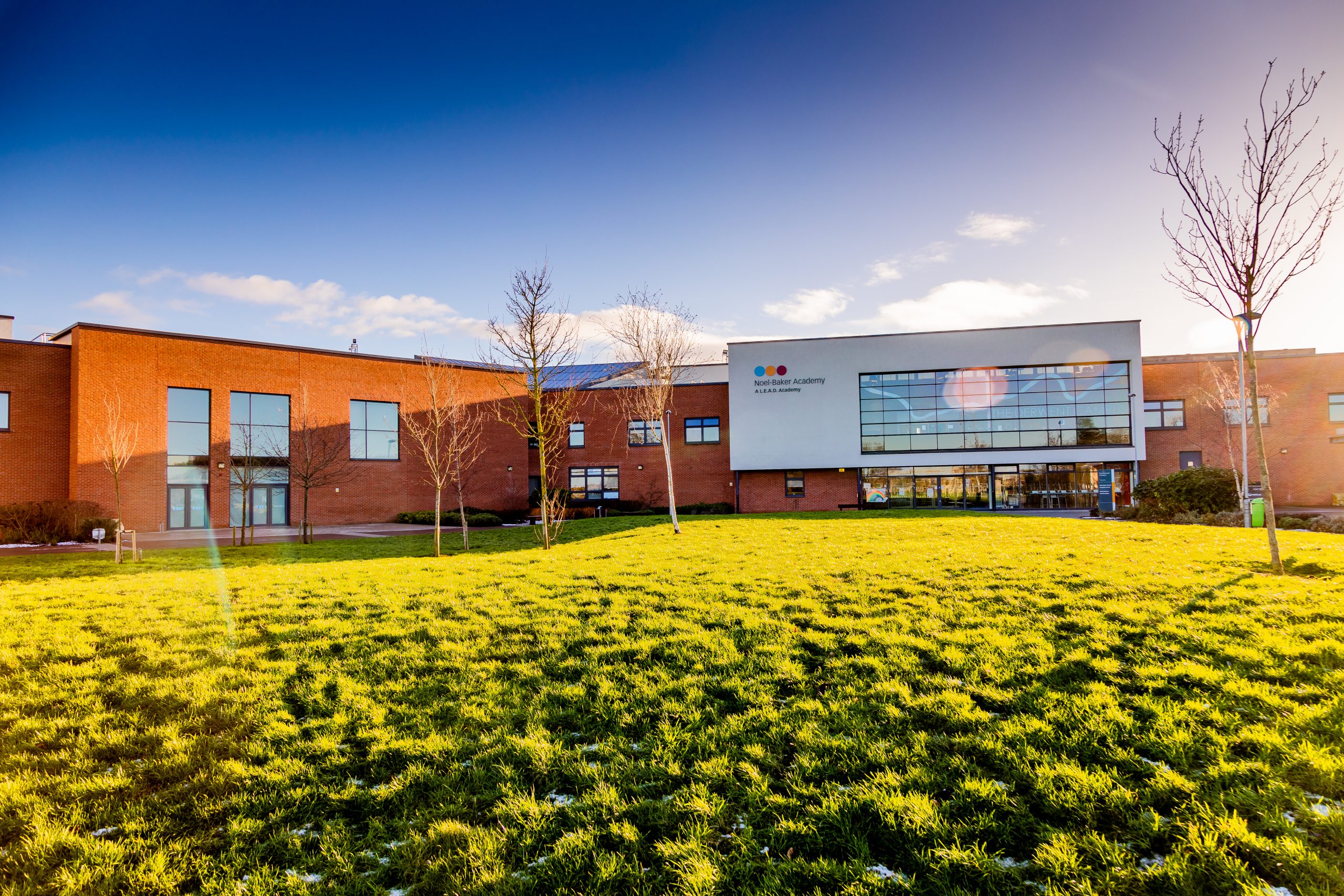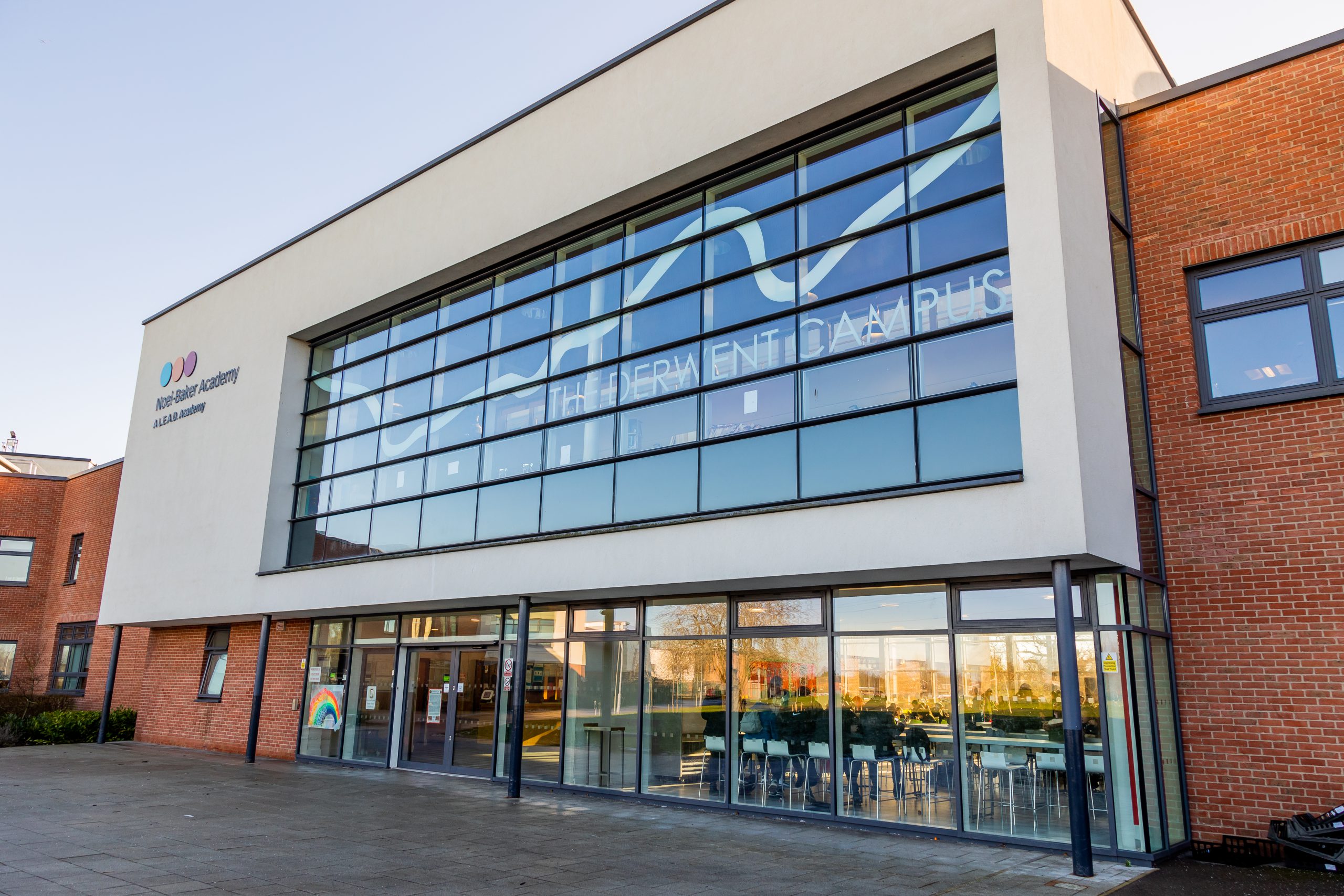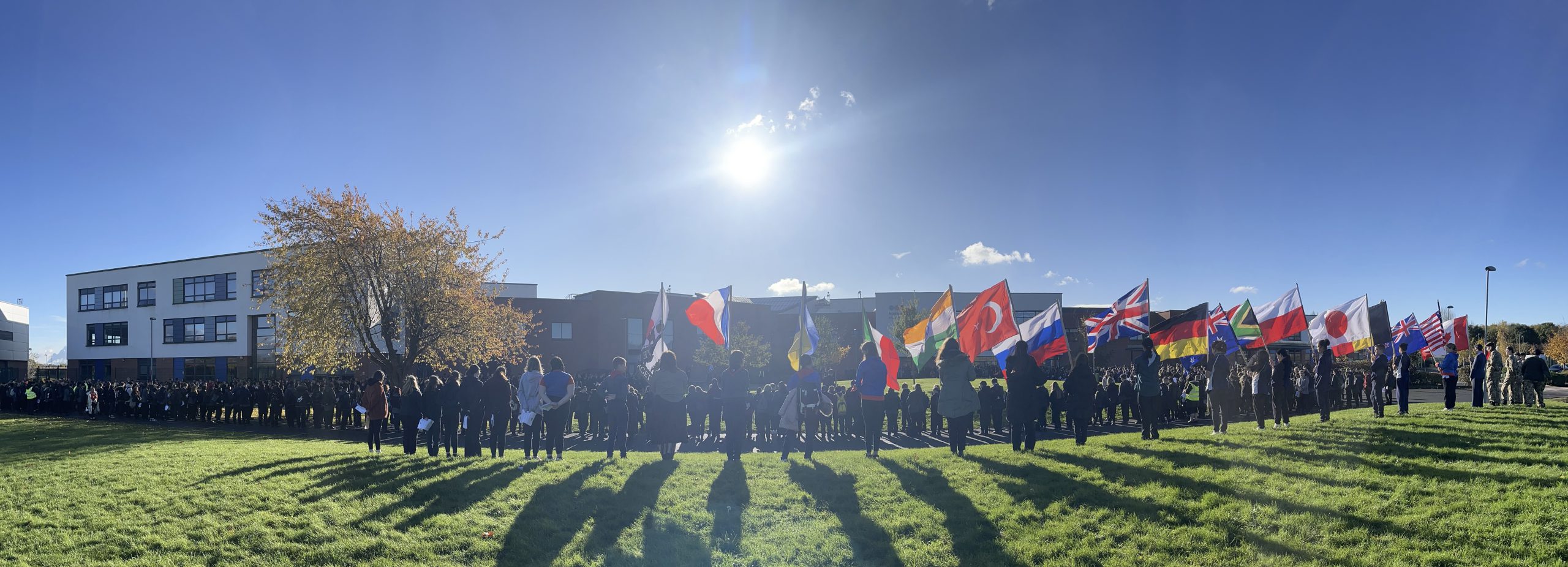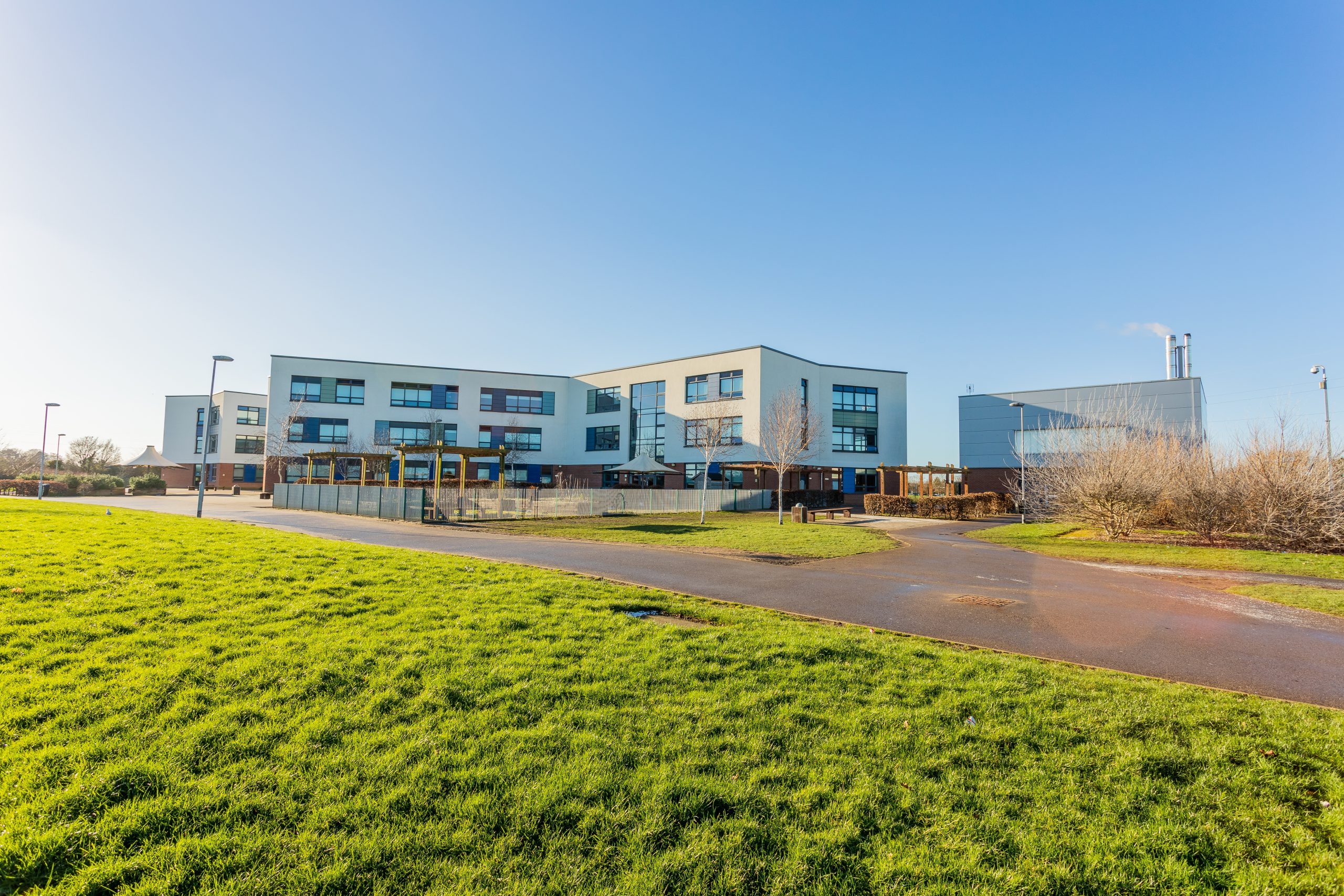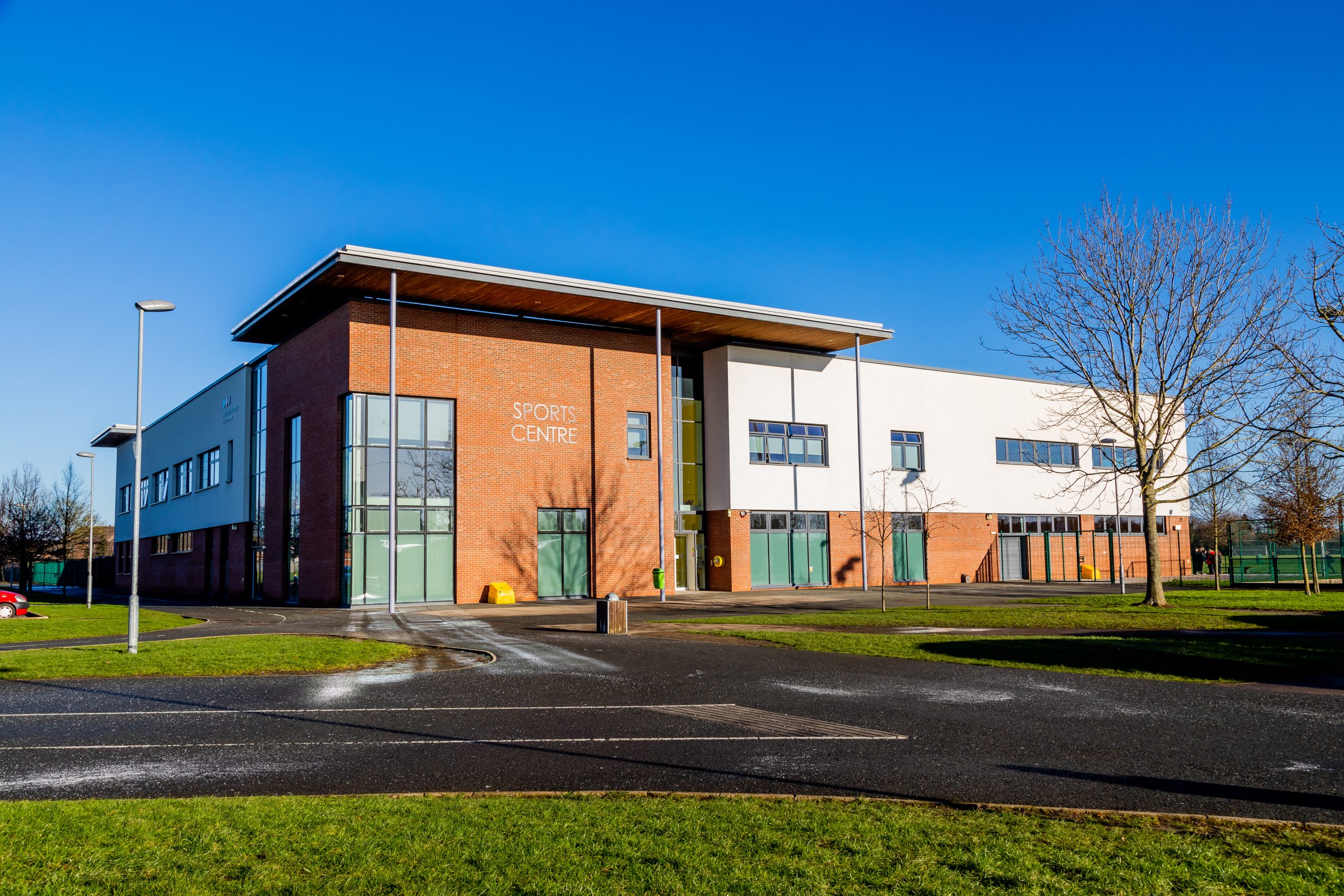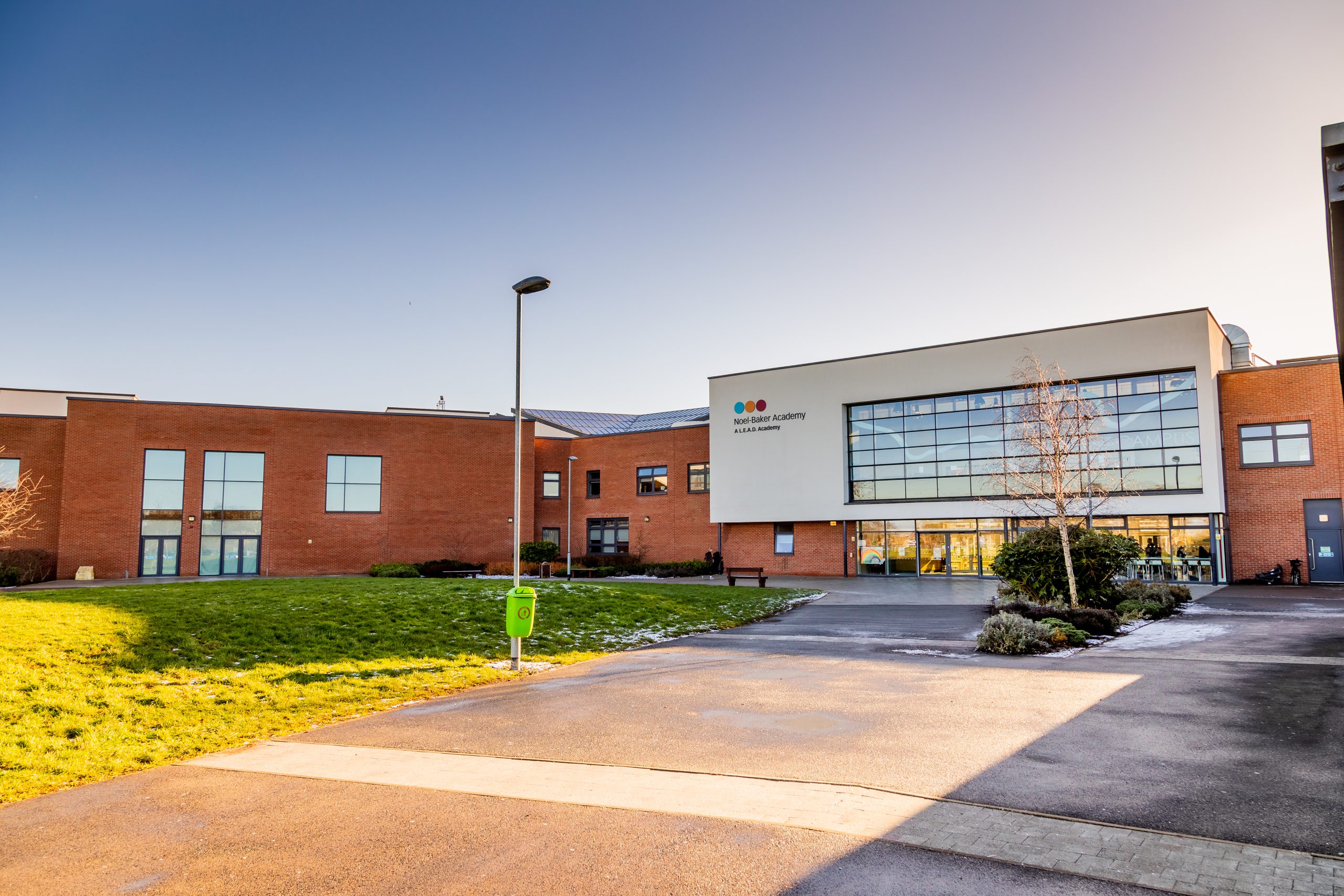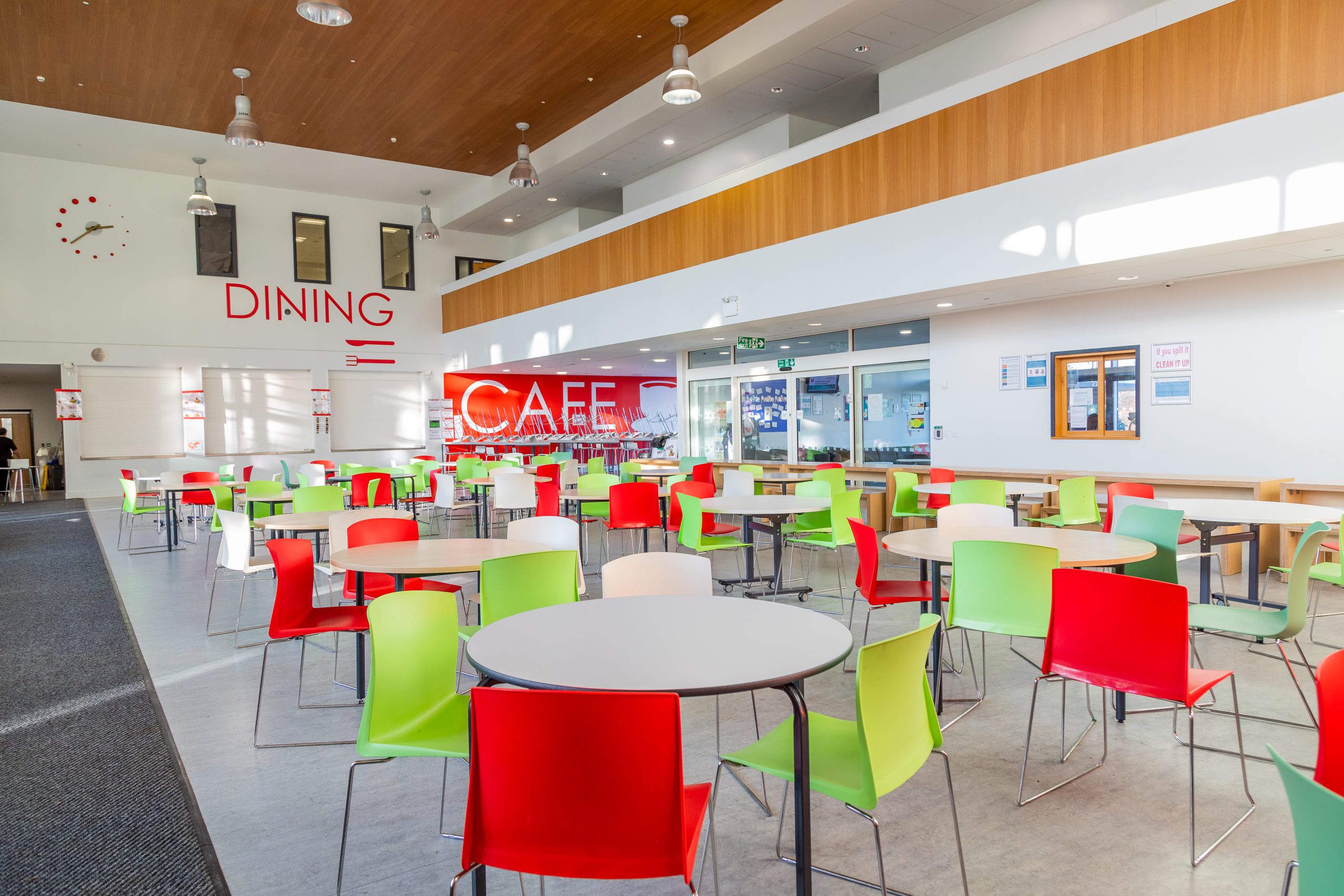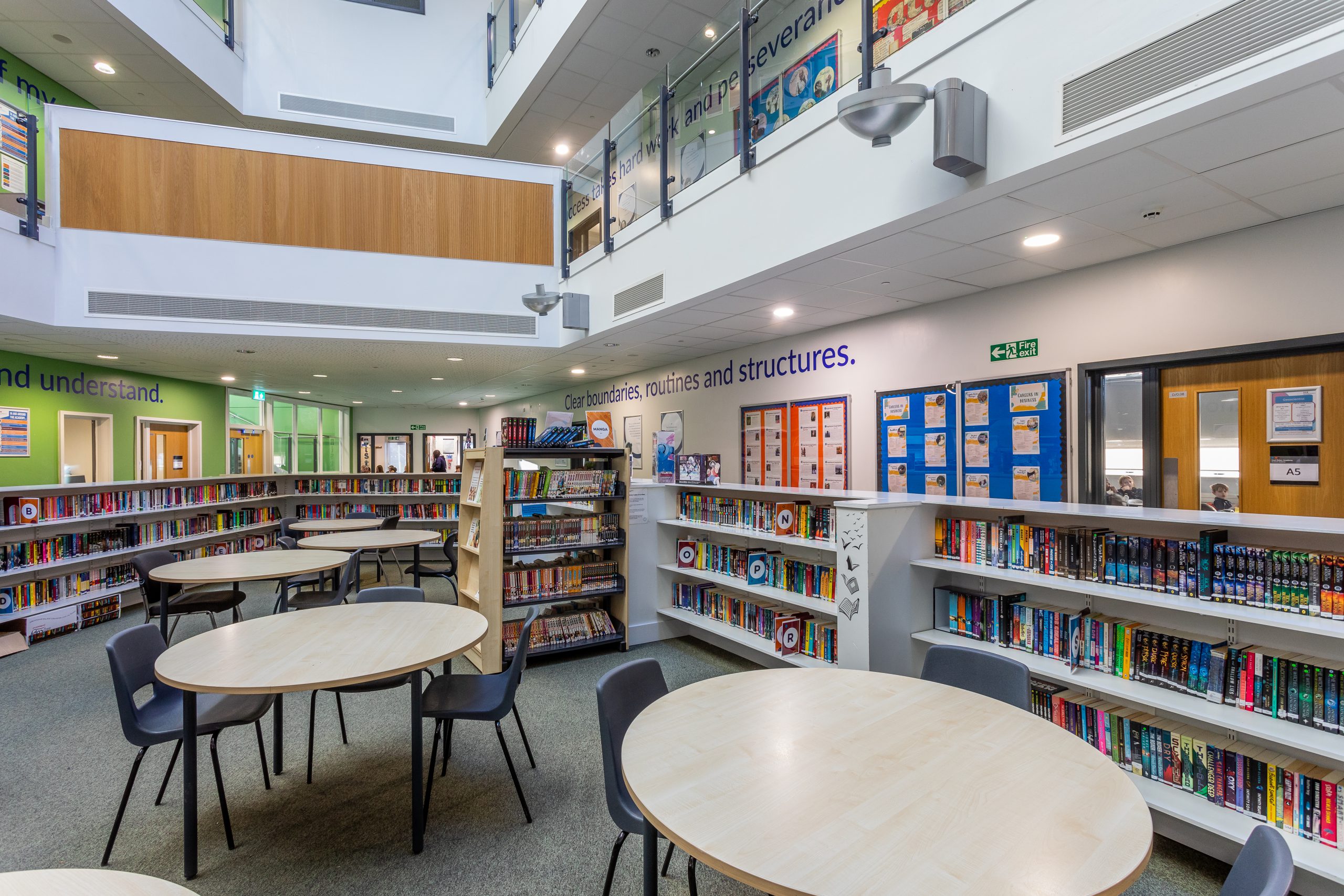Options FAQs
What GCSE options are there?
You will have the option to choose:
- A modern foreign language – Spanish.
- A humanity subject – History, Geography, or Religious Studies.
- An arts subject like Music, Drama, Art and Design or Media Studies.
- A technical subject such as Design and Technology, Food Technology or Computer Science.
- All students have to do PE in years 10 and 11, but you can also take it as a GCSE option.
To help you make up your mind, ask your teachers about subjects that you might be interested in but haven’t taken yet, so they can explain what will be taught on the course. You can also check out GCSE Bitesize (link https://www.bbc.co.uk/bitesize/levels/z98jmp3) to find out more about each subject.
Which GCSE options are compulsory?
Maths, English and Science are the core subjects everyone must take at GCSE in England. English Language is compulsory in all schools, and so is English Literature in the majority of schools, but there are exceptions, so do check.
Science may be split into the three separate sciences (Biology, Chemistry and Physics) or into two combined Science GCSEs.
Which GCSEs should I take?
This is really down to a combination of things, including your own interests, which optional subjects your school allows you to choose, and your future plans.
You’re in the driving seat now, and you’re beginning to shape your own education! This is the first time you can focus on the subjects you like the most and feel you will do well at.
What is EBacc?
The EBacc is a set of subjects at GCSE that keeps young people’s options open for further study and future careers.
- English language and literature
- Maths
- The Sciences
- Geography or History
- A language
Why is EBacc important?
EBacc improves pupils’ chances of studying A-levels. Studying subjects in the English Baccalaureate increases the likelihood that a student will stay on at school and sit A-levels, regardless of their ability, according to new research. The EBacc is vital because it produces the platform required to ensure that knowledge is taken in – it ensures that teachers pass on as much knowledge as possible, and that children get the broad base of knowledge that can help them succeed in almost any field.
